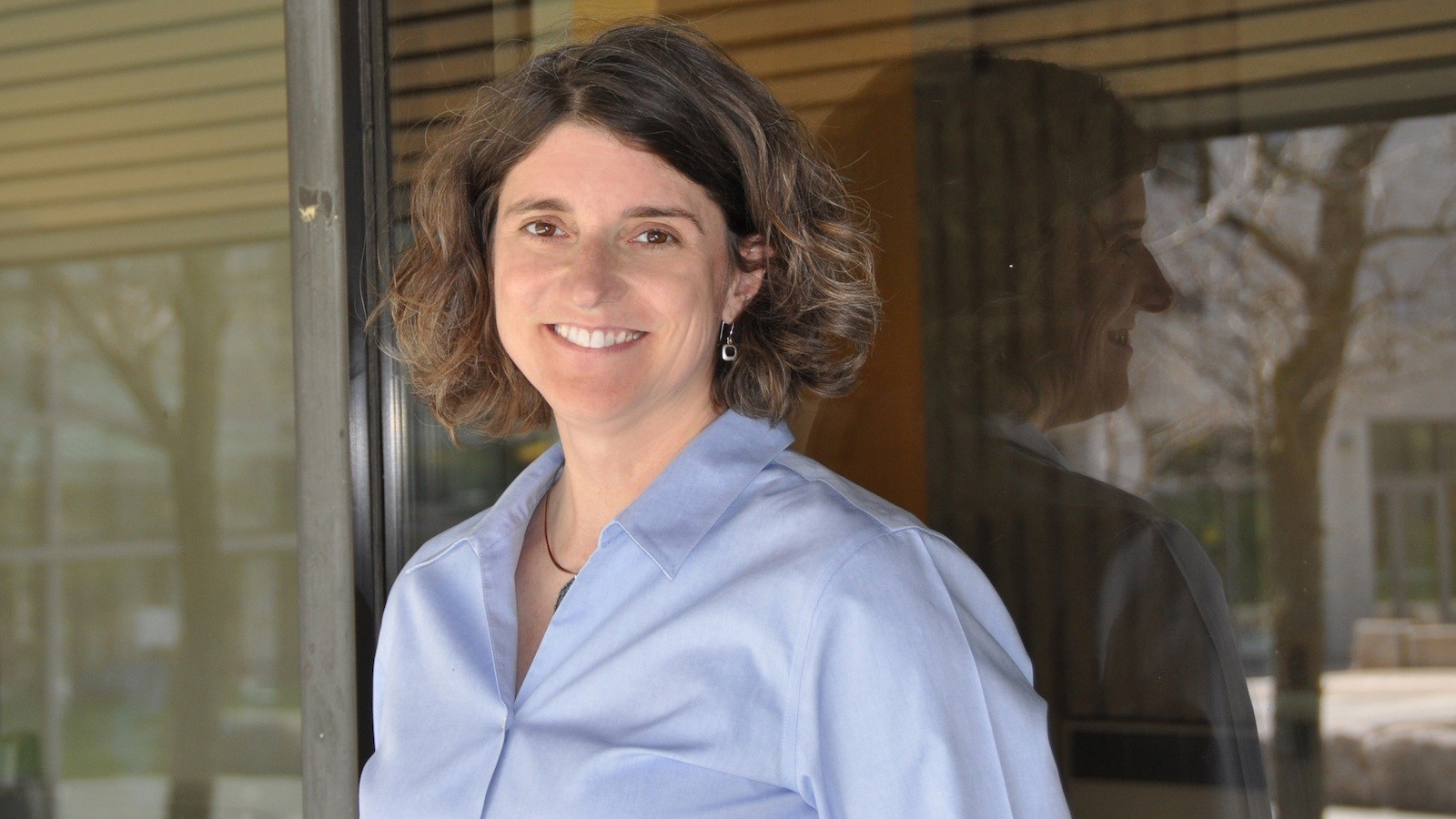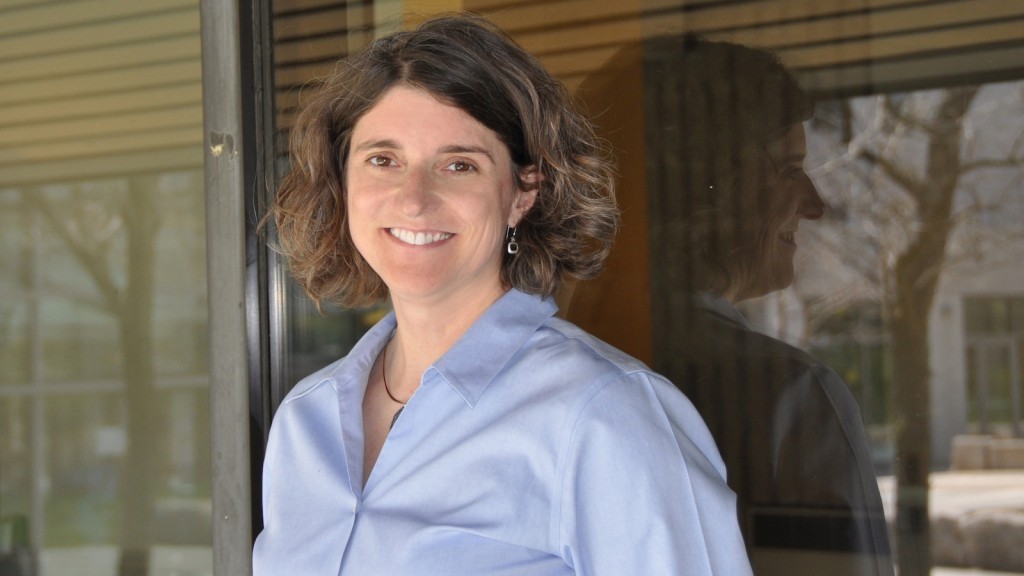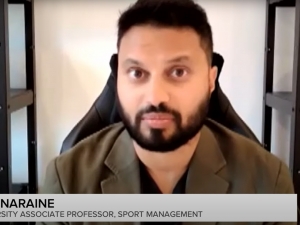For years Mary Breunig has been leading off her research papers with the statement, “As we pass the midpoint of the United Nations’ Decade of Education for Sustainable Development (2005-2014), where are we?”
That’s because the goal of her research is to bring more environmental education back into the K-through-12 classroom. To do this, she is researching what environmental education “does” for students in terms of fostering alternative forms of knowledge to help shape a sustainable future.
“I want to know more about which environmental knowledges impact students’ willingness to act pro-environmentally, and what those pro-environmental actions are,” says Breunig, an associate professor of Recreation and Leisure Studies at Brock.
Breunig’s research looks at the factors that influence students to adopt “domestic environmental behaviours” – turning off lights and water taps – and “pro-emancipatory environmental behaviours,” like wanting to know where one’s food comes from and thinking about the broader social implications of one’s actions.
“We’re examining the complex interplay of knowledges, attitudes and behaviours and what kinds of things are actually leading to, what we would hope are the more emancipatory and social justice oriented behaviours in students,” says Breunig.
In the late 90s, “environmental studies” was eliminated as a teachable for high school teachers-in-training. However, despite this, integrated environmental studies programs (ESPs) in Ontario high schools continued to flourish and they represent valuable learning models for Breunig and her students to study.
Ontario’s diverse ESPs typically include a cohort of about 20 students working with one or two teachers for a semester. Some take place in outdoor education labs and classrooms in the schools themselves, while others happen offsite in remote locations. Some programs feature greenhouses and chicken coops and have hands-on co-op options. The focus in all these settings is to ensure that students learn the Ministry of Education’s curriculum, but in an alternative group structure.
“So, for example, students might take Into the Wild, as a component of the Grade 11 English curriculum, into the bush with them on a canoe trip and discuss it there,” says Breunig. “Or they might learn about native plants on a hiking trip as opposed to inside the classroom.”
Another aspect of Breunig’s research involves putting these homegrown grassroots initiatives into practice in Niagara where no ESP currently exists. In 2012, she and her fourth-year students helped to develop and install Niagara’s first outdoor classroom at the Wheatley Montessori School in St. Catharines. Another outdoor learning facility is also in the works at a public school in Fonthill.
Taking this outreach one step further, Breunig and her students are also creating a “best practices for the outdoor classroom” handbook that will provide teachers with lessons that connect the outdoor classroom/schoolyard experiences with specific units of the Ministry’s curriculum. Breunig and her students will also serve as on-call outdoor education consultants for teachers.
“The goal of this research is to kick-start a conversation about the value of this kind of education,” says Breunig. “And to do so by identifying which aspects of the environmental education curriculum are the most impactful on student pro-social and pro-environmental behavior change.”
Breunig was recently appointed director of the new Social Justice Research Institute at Brock, and she is also president of the Association of Experiential Education. She is co-editor of the soon-to-be-released Environmental Education Reader (Peter Lang Publishing) and recently published an article about Ontario’s high school environmental studies programs in the Canadian magazine Alternative Journal.
She has presented her work at the American Educational Research Association and World Environmental Education Congress, and her research has been published in Environmental Education Research, the Journal of Adventure Education and Outdoor Learning, Journal of Sustainability Education and Journal of Experiential Education.










